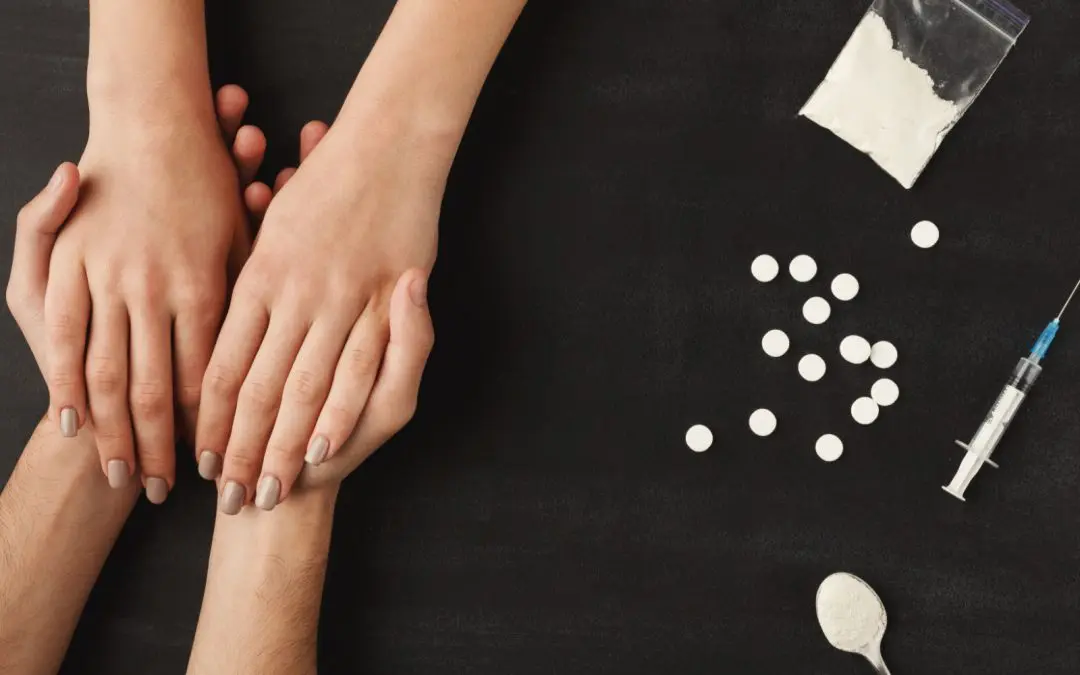24/7 Helpline:
(866) 899-221924/7 Helpline:
(866) 899-2219
Other Insurance Options

Aetna

Health Partners

BHS | Behavioral Health Systems

Ceridian

MVP Healthcare
Beacon

Holman Group

Multiplan

Medical Mutual of Ohio

Providence

Cigna

CareFirst

Magellan Health

Horizon Healthcare Service

Access to Recovery (ATR) Voucher

BlueShield

Oxford

Excellus

Private insurance

Self-pay options













